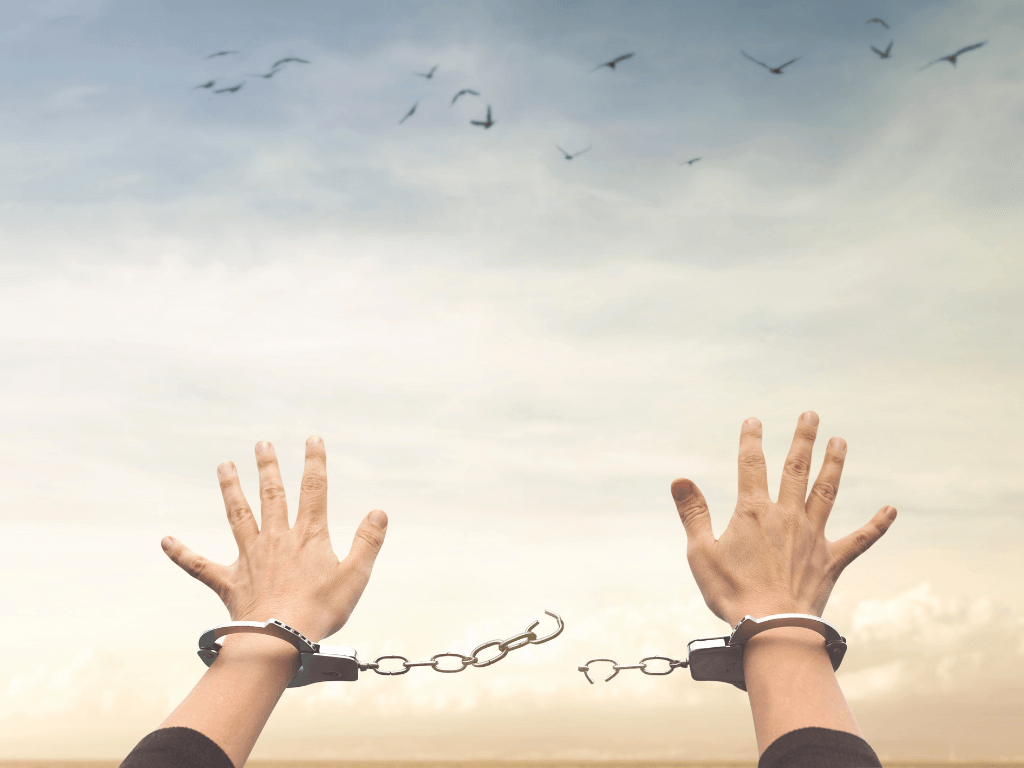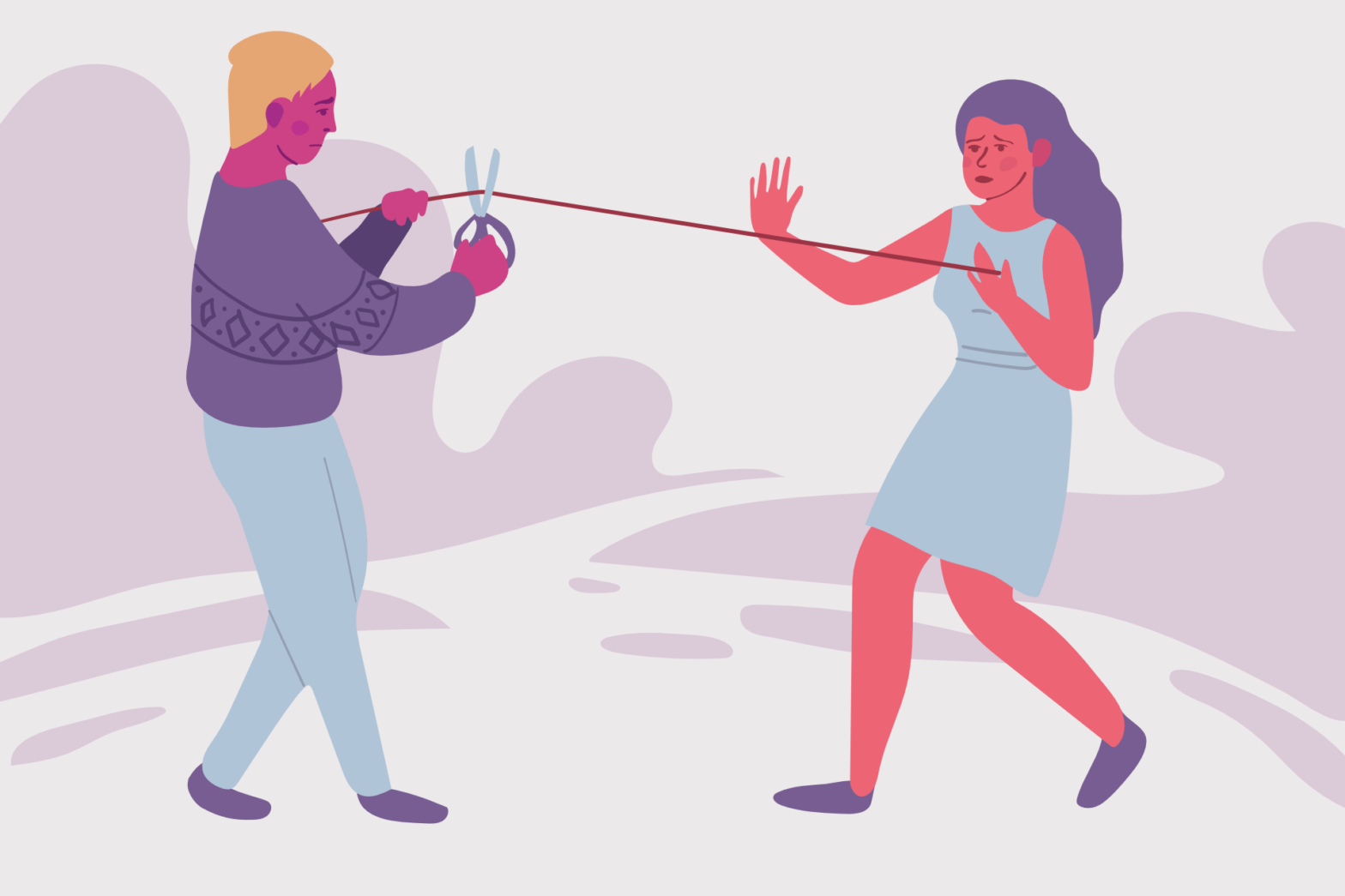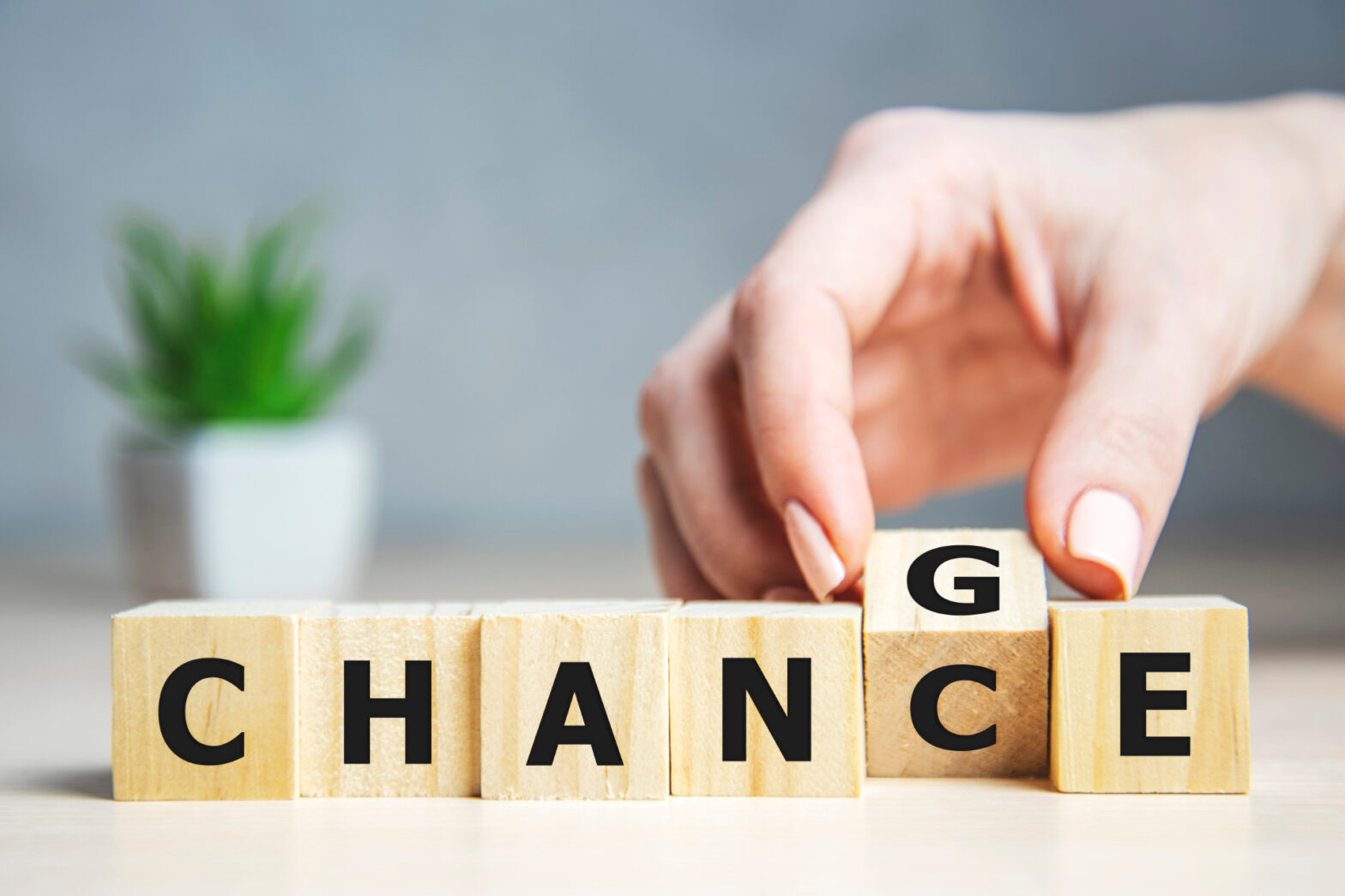Certainty and predictability, the dominant motifs of Newton’s worldview are deeply rooted in our culture and in our thinking. These deterministic features are sought after and prized. We base our lives upon such predictability and they provide for most people a sense of comfort and security.
Ironically, this is not only a false security, but moreover a self-limiting philosophy that impoverishes our lives. Certainty dulls our life experience, for not knowing the result in advance begs us to be present and mindful.
We watch spectator sports because of the thrill of not knowing the outcome. The uncertainty is what causes us to engage and at times feel spellbound in the thrill of uncertainty. Similarly, reading an intriguing book or going to a suspenseful movie equally evokes the excitement of uncertainty. Perhaps we seek these experiences as a compensation for living dulled, non-present lives, choked by certainty.
Falling in love is an exercise in uncertainty, for the condition of not knowing inclines us to be extraordinarily present. This experience is rich in discovery and enhanced by a lack of determinsm and predictability. The wonder and suspense that we encounter during such eros is antithetical to certainty. In fact, predictability may well be the death knell of romance.
Predictability is rooted in the mechanistic approach of cause and effect. Naturally, we need to know what time to pick up the kids or when the train leaves. Certainty has its place in our lives. But when we make it a deity, we lose not only an important part of our humanity, but the ability to create maningful change in our lives.
Heisenberg’s uncertainty principle, developed in the early 20th century, revealed that the quantum world is not predictable and determinstic, far different from Newton’s determinism. Since that discovery, we have come to see that many of the phenomena of the quantum world apply to the macro world of human experience. I have come to appreciate that when we integrate many of these discoveries into our lives, we can more readily flourish and thrive.
Consider the following:
Predictable = certain = already known in advance = no need to really be here = non-participatory
Uncertainty = not knowing in advance = fully engaged in creating the future event = participatory in our life’s creation
Uncertainty – The Foundation for Potential
Uncertainty is the foundation for potential, for the future remains unknown. We all seem inclined to struggle with change, if not outright transformation. As such, we somewhat futilely try to access new states of potentiality. Embracing uncertainty invites these states of potential. In that potential we become the masters of change. Without uncertainty, we are characters in a book, the plot already written. Engage uncertainty and the next chapter is yet unwritten and the pen is back in your hand.
Picture standing by the bank of a river and imagine that the river as the metaphorical flow of life. I am coaxing you to enter the river with me to engage this flow. Hesitantly, you agree. Yet, upon moving into the river you grab a hold of a boulder and try to hold back the river. I ask you to let go and embrace the flow. You look ahead and see a bend in the river and you protest, “but I can’t see where the river will take me, I need to know.” And so you block the current of life.
This pictorial well illuminates the need for certainty. As such, we miss the fuller and richer flow of life. Uncertainty restores our human potential.





I appreciate your point about uncertainty helping people to become more present, but are there limits to this? Is too much uncertainty a bad thing?
As with all statements, we need to be careful to avoid being absoute. Everything should be contextual and relative. A certain amount of uncertainty permits healthy thinking, which isn’t too rigid or presumptive. This allows for change. Yet, an extreme degree of uncetainty could have us evaluating every thought, essentially paralyzing us. So moderation is key.
My larger point is that we cherish certainty and avoid uncertainty as a general rule and that severly limits our lives.
It is human nature to want to stay in the familiar zone, not stepping out of what we know, maybe not taking a chance. My father always had a saying, which I thought silly when I was a little girl, but as I grew I realized what he was saying. He said “You can’t go in the water, without getting your feet wet”. I have used this “quote” several times in my life when making some decisions that I was uncertain about. I’d have to say that in most, if not all, my decisions were the right ones. It takes much bravery on one’s part, and the out come, whether the decision worked or didn’t, will boost your confidence, at least it has for me.
when we keep going back to our groove zone, which only results in disaster(but feels familiar), how does one permanetely
break break this pattern